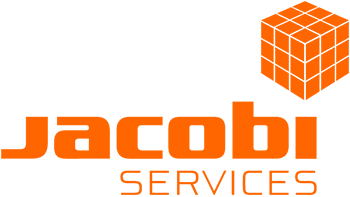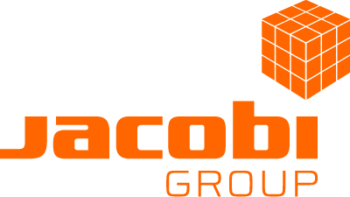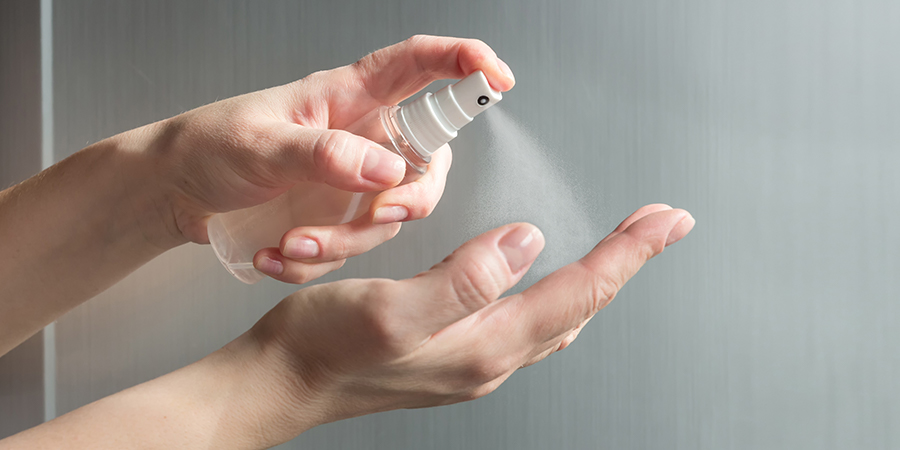How Jacobi helps make disinfectant during coronavirus crisis.
Several beverage and chemical producers are contributing to support the fight against the Corona virus. One of the efforts is to produce pure alcohol for the production disinfectant gels. The Jacobi group can support and accelerate these efforts with readily available samples, different adsorption media and ready to ship food grade mobile filters.
When making disinfectant products an important part of the process is the purification of the chemical ingredients that solution is made up of. This requires removal of substances that can be harmful, add smell or add colour in order to leave an effective and pleasant solution.
Disinfectant production has never been a major target till it suddenly increased importance due to the corona situation. Knowing it is produced from multiple sources, it becomes a new and complex challenge. Jacobi has extensive experience in purification of alcohol in the beverage industry that we can build on.
The purification of distilled alcohol – The Jacobi group and the beverage industry
It is not commonly recognised that activated carbon and ion exchange resins, and in particular those supplied by the Jacobi group, play an important role in the beverage industry. Our products are directly involved in the production of non-alcoholic drinks like natural bottled water, soft drinks and fruit juices but also in fermented and or distilled alcoholic drinks, such as wine, beer, vermouth, and vodka.
We offer tailor made solutions for a wide range of applications within the beverage industry and to the suppliers of raw materials used in alcoholic and non-alcoholic drinks manufacture. Whether in the form of media supply only or the provision of a comprehensive service, alongside media handling or as a packaged mobile filter solution, Jacobi is able to meet the requirements of beverage manufacturers around the world.
Table 1 gives a brief overview of the typical applications in the beverage industry.
Table 1: Applications in the beverage industry and the industry that supplies beverage ingredients:
|
Beverage |
Duty | Activated carbon | Ion exchange resins | Mobile filters |
| Apple juice | Patulin removal | x | x | |
| Wine | Colour, taste and odour correction | x | ||
| Wine | Stabilization | x | ||
| Clear beers | Clear beers | x | x | x |
| Vermouth | Colour, taste and odour removal | x | ||
| Soft drink and brewery raw water | Dechlorination and THM removal | x | x | |
| Fruit juice (Citrus juice,…) | Bitterness removal | x | ||
| Fruit juice (Citrus juice,…) | Deacidification | x | ||
| Alcopop | Decolourisation | x | ||
| Distilled alcohols (vodka, …) | Taste and odour improvement | x | x | |
| Bottlers | Dichlorination | x | x | |
| Mineral water | Process water treatment for bottle cleaning | x | x | |
| Apple juice | Colour correction during ultrafiltration | x | ||
| Apple juice | Demineralization & Haze retardation | x | ||
| Tea | Decaffeination | x | ||
| Coffee | Decaffeination | x | ||
|
Raw material supplier |
|
|||
| Can manufacturer | Process water treatment | x | x | |
| Sweeteners and sugar | Decolourisation | x | x | x |
| Citric acid | Purification & decolourisation | x | x | x |
| Sweeteners and sugar | Deashing | x | ||
| Sweeteners and sugar | Softening | x | ||
| Carbon dioxide (CO₂) | Purification | x | ||
| Phosphoric acid (P₂O₅) | Purification & decolourisation | x | x |
|
The purification of distilled alcohol – constantly improving quality.
The beverage industry is continually looking for new ways to improve quality and to ensure that the obtained quality is stable, thereby extended shelf-life. For example, vodka is made in different steps and in some of these steps Jacobi products are used:
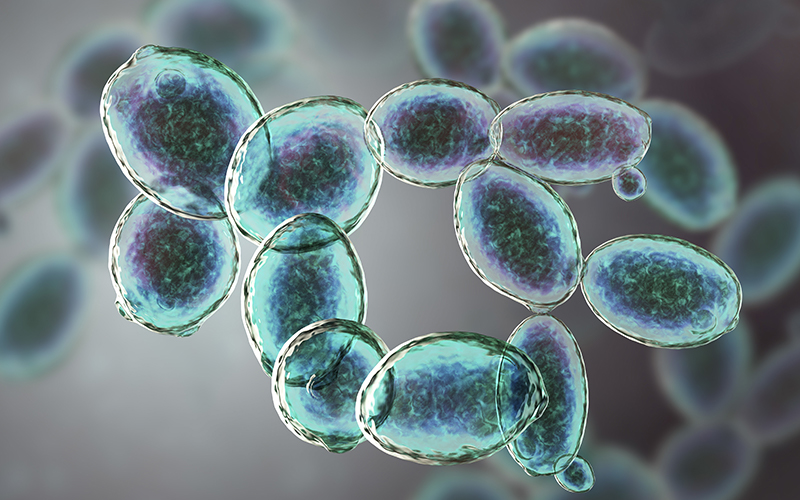
Fermentation: Production of ethanol by fermenting hydrolysed starch from grain and potatoes or sugar from beet or grapes using yeast. The most used yeast strains of yeast can only survive up to approximately 14-16% (V/V) ethanol.
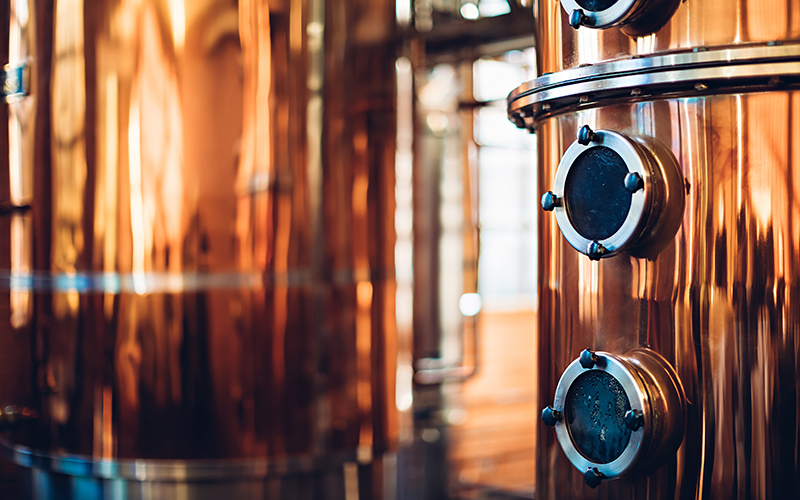
Distillation to increase the ethanol concentration from 14-16% (V/V)to approximately 95% ethanol for base spirits production. The vodka producer can procure high strength neutral spirit and dilute it with water, bottle and then supply it to his local market.

Hydration to bottling strength by adding softened water which is low in salts and ions. When water is blended with ethanol there is formation of small amounts of heat. Therefore, some distillers prefer to gradually hydrate their spirit.
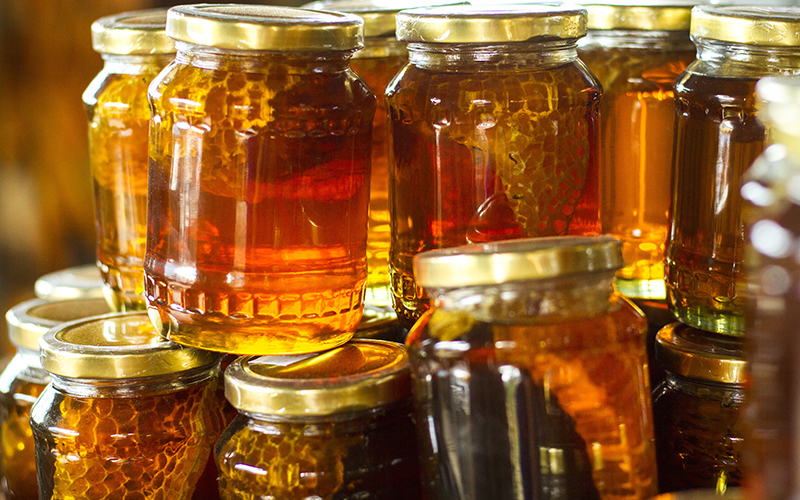
Adding additives: The perceived smoothness and viscosity of vodka is obtained by adding trace amounts of sugar, honey, glycerine and/or citric acid.
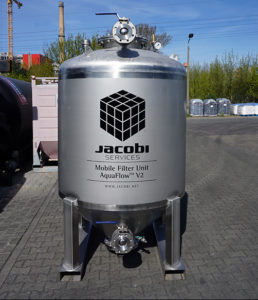
Filtration: Activated carbon filtration to improve the taste and odour of beverages by removing non-volatile organic polyphenolics taste compounds and volatile organic compounds such as higher alcohols (fusel oils), organic esters, etc.
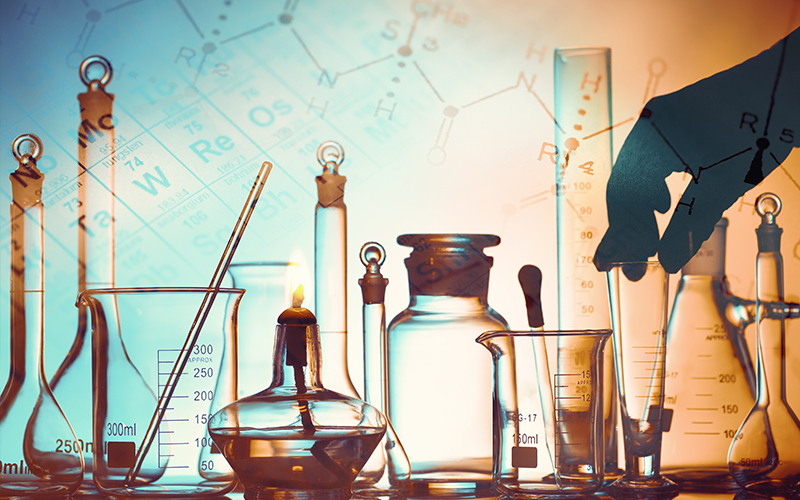
Quality control (QC): One of the most important stages before a product is taken to market includes the quality control. Here the visual appearance as well as taste is evaluated to ensure customers will be satisfied
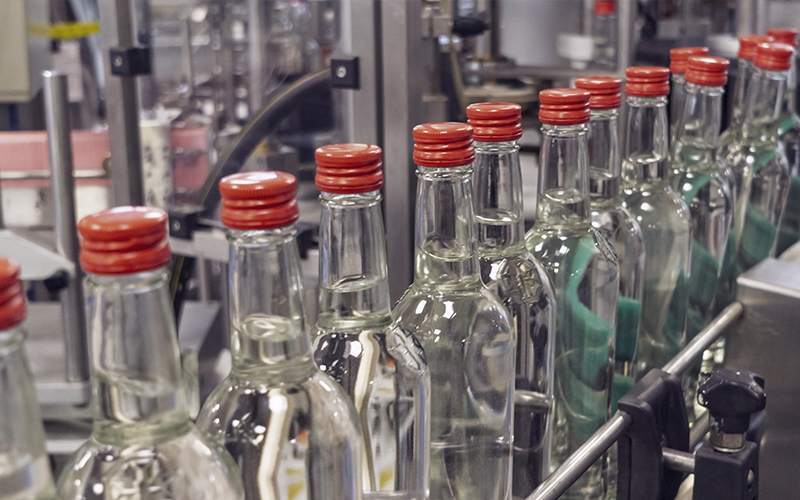
Bottling: Providing softened water for bottle or can rinsing activities to remove residues from container manufacture or storage.
Activated charcoal filtration of vodka was introduced in the 18th century in Russia by Theodore Lowitz to make the national drink “more hygienic”. Activated carbon is still used today to improve the quality of vodka for trace impurities without reintroducing dissolved salts and ions such as calcium carbonate, calcium sulphate, iron and magnesium.
ColorSorb™ H620 has been successfully used for the purification of vodka. This high purity, premium food grade activated carbon is readily available and has a pore size distribution that is developed during production to remove a broad range of impurities. The quality of alcohol mainly depends on the raw materials used and more importantly the distillation process employed.
Purification of alcohol for disinfectant production – contribution against COVID-19 pandemic
As you can see we have several applications in the beverage market. We want to use our experience to help you in the efforts to produce disinfectant that is required during the global pandemic and for the future. We know a lot of companies have changed their production in order to product alcohol based disinfectants and our team of Jacobi experts are on-hand to help in fine tuning the process.
Get in touch today to order a sample.
Samples of Colorsorb H620 are available upon request to perform preliminary laboratory tests (known as jar tests) to see if the desired impurity level can be reached. A bulletin is available to provide guidance on how to quickly perform these tests. All you have to do is fill out the short form below and one of our Jacobi experts will be in touch depending on your region.
Need engineering support? Jacobi also supplier filter units!
The Jacobi group also delivers food grade stainless steel mobile adsorbers of the AquaFlow™ type for easy use of the ColorSorb™ H620. The filters are readily available in stock and can be shipped upon request. They offer simple plug and play capability to fit straight into your production facility. Ask us for more information by simply filling out the form below.
